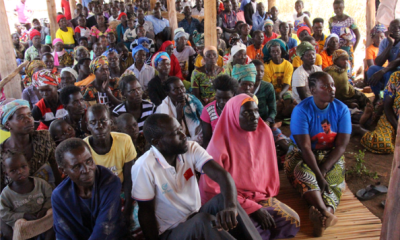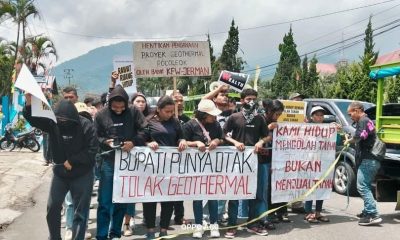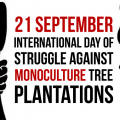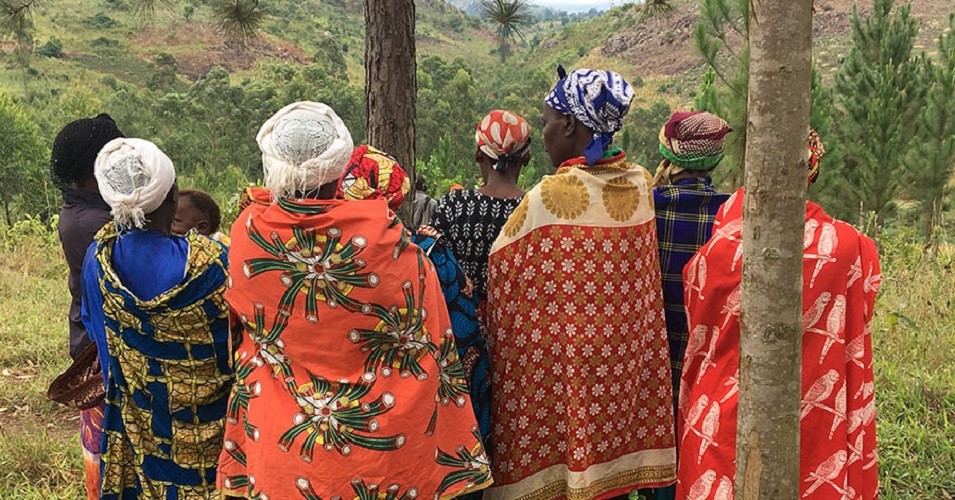By Witness Radio Team.
As the onslaught on civil society heightens, its space continues to shrink which has bearing on the services they render to the communities. Witness Radio, was among the 54 organizations suspended by Uganda’s National Bureau for Nongovernmental Organizations on August 20th, 2021. The actions are amongst the recent forms of attack on civil societies in Uganda. Other numerous attacks include arrests of rights activists, harassment, tortures, and office- break-ins at night by security operatives who move away with valuables.
The effects of this suspension were felt by communities facing land grabs across the country. For seven months while the organization was suspended, over 300,000 people were evicted from their land and couldn’t access specialized and prompt legal assistance.
Witness Radio Uganda, globally known for its campaign against community land-grabs couldn’t assist these victims of land grab since it risked facing further sanctions from the Bureau in case it intervened. However, last week, there was some relief, when Uganda’s National Bureau for NGOs lifted suspension and certified its operation.
According to Mrs. Bulyerali Joan, the Head Legal at Witness Radio – Uganda, the organization conducted a review of the evictions that happened during the suspension. With information and assistance from some lawyers, local journalists, and community land and environmental rights defenders across the country, the evictions watchdog was able to document cases of hundreds of thousands of Ugandans that were either forcefully evicted or received threats of evictions while in its limbo.
The ban imposed on Witness Radio coupled with the disruptive impacts of COVID- 19 resulted in the surge of eviction cases, especially in areas where the organization had a presence. Throughout the ban, without access to swift and prompt legal support, the communities resorted to sharing with the world their ordeal.
She further noted that the evictions were conducted in disregard of the law on evictions. “I was shocked to see powerful people and companies take advantage of our suspension to escalate the evictions of vulnerable communities that received our assistance. The evictions did not comply with the land eviction practice directives. None of them was preceded by legal court orders.” She noted.
According to the Land Eviction directives, issued by the former Chief Justice of Uganda, Bart Katureebe, evictions shall be preceded by valid court order, properly identifying the persons taking part in the eviction, and upon presentation of formal authorizations. The police and local authority of the area shall be notified and shall be present to witness the evictions, among others.
Based on the data gathered by the team, various communities across the country were left dispossessed by land grabbers without any form of assistance. Others have received threatening messages with intentions of dispossessing them off their land.
During the period under review, over 300,000 people across the country are believed to have been threatened with evictions, while 350,000 acres of land were either grabbed or on verge of being grabbed.
“However much, we gathered this information, we expect the cases to be higher because some evictions go unreported either due to the remoteness of the areas or other related factors.” One of the collaborators observed.
The evictions were extremely violent. They were characterized by kidnaps, arrests and detentions, torture that often-caused unexpected grief to the communities.
Among the most affected districts include Kyankwanzi, Mubende, Kassanda, Hoima, Buikwe, Wakiso, Kikuube, and Bulambuli districts.
In some of the mentioned districts, the Lands, Housing, and Urban Development Minister toured and halted the evictions but the evictors continued unabated.
Mr. Kimazi Experito, a journalist based in Mubende, attributed the rise of evictions to the organization’s suspension which denied the evictions-affected communities access to specialized legal assistance.
He said Witness Radio has offered support to over 20 land-grab-affected communities in Mubende with legal support. “Witness radio is a game-changer that brought back lives of evicted communities to normal,” he lauded.
“Mubende is one of the fastest-growing areas because of gold and other minerals as well as factors related to fertile soils. Currently, it is one of the hotspots of evictions. Opportunists used this chance to grab land from people with full attention. Without the defenders, it’s often hard for people to get justice since local people are not much informed about land laws.” Kimazi explained.
Engineered by powerful people in public offices, multinational companies, and politicians using state machinery including the army and national police, forced evictions to continue to affect food sovereignty and threaten the role of indigenous communities to protect the environment.
During the same period, President Yoweri Museveni stopped any eviction without the approval of the Resident District Commissioners. However, legal experts warned that the move is to usurp the powers of the Judiciary. In a statement signed by Pheona Nabasa Wall, the Uganda Law Society President noted that the directive undermined the role and independence of courts in handling eviction matters.
That notwithstanding, “Occasionally, the residents are not given any opportunity to negotiate with the landlords. Even when the government obliges to pay landowners, neither does the government nor the evictor compensate for the damaged property. During evictions, properties that were made for their life end up being destroyed in seconds which causes lifetime misery.” Paul Kasoozi, a community land rights defender stated.
With different tactics aimed at alienating the poor from their land, it has been established that the police and the army continued to play a huge role in the largest forms of violent evictions through torture, arbitrary arrests, and detention and instilling fear and pressurizing the local communities to vacate their land on orders of the evictors.
Many of those community members who oppose land evictions end up being kidnapped, tortured, or arrested and detained to silence the community. It takes support from an organization defending communities’ land rights to intervene for such communities to get justice.
Days before the lifting of the suspension imposed on Witness Radio, communities neighboring the Katta Barracks in Bulambuli district, were violently evicted by the Uganda People’s Defense Forces under the alleged command of Lieutenant Colonel Mukiibi Julius without offering alternative resettlement.


 MEDIA FOR CHANGE NETWORK1 week ago
MEDIA FOR CHANGE NETWORK1 week ago
 MEDIA FOR CHANGE NETWORK2 weeks ago
MEDIA FOR CHANGE NETWORK2 weeks ago
 MEDIA FOR CHANGE NETWORK1 week ago
MEDIA FOR CHANGE NETWORK1 week ago
 MEDIA FOR CHANGE NETWORK1 week ago
MEDIA FOR CHANGE NETWORK1 week ago
 MEDIA FOR CHANGE NETWORK2 weeks ago
MEDIA FOR CHANGE NETWORK2 weeks ago
 MEDIA FOR CHANGE NETWORK12 hours ago
MEDIA FOR CHANGE NETWORK12 hours ago

























